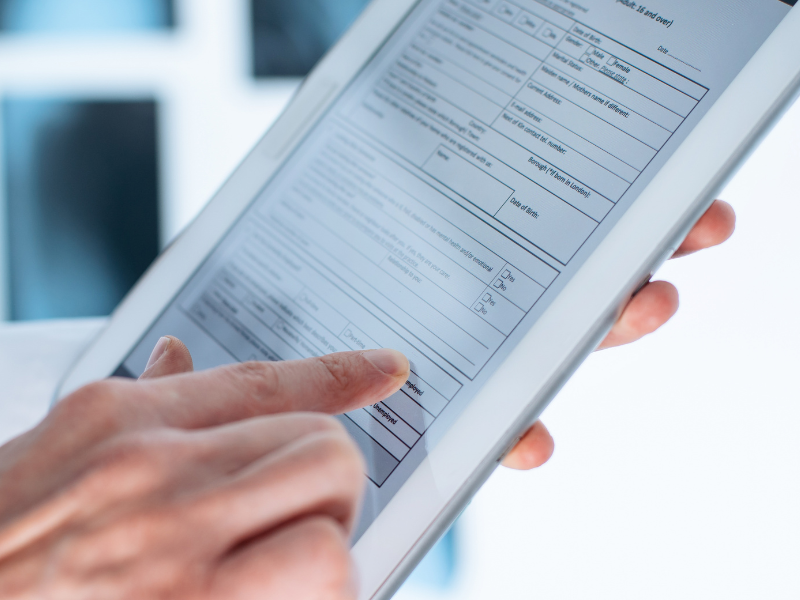Unveiling the Significance of HIPAA Forms: Safeguarding Your Health Information
In an era marked by rapid data sharing, the importance of protecting sensitive health information cannot be overstated. The Health Insurance Portability and Accountability Act (HIPAA) serves as a critical guardian of patient privacy. We will explore the compelling reasons why HIPAA forms are not just a piece of paperwork but a powerful tool in ensuring the confidentiality and security of your health data.
Legal Safeguard Against Data Breaches: HIPAA is not merely a suggestion; it is a federal law designed to protect the privacy of individuals' health information. Completing a HIPAA form ensures that healthcare providers are legally bound to safeguard your data, providing a robust legal framework that deters unauthorized access and helps prevent potential data breaches.
Preserving Patient Privacy: Your health information is personal and deserves the highest level of protection. By completing a HIPAA form, you are actively participating in preserving your privacy. This form establishes clear guidelines on who can access your health information, ensuring that sensitive details about your well-being remain confidential.
Building Trust in Healthcare Relationships: Trust is at the core of any meaningful doctor-patient relationship. A HIPAA form serves as a tangible commitment by healthcare providers to respect and protect your privacy. Knowing that your health information is handled with care fosters trust and encourages open communication between you and your healthcare team.
Control Over Your Health Information: HIPAA forms empower you with control over who can access your health records. You have the right to decide who is authorized to view your medical history, test results, and other sensitive information. This level of control ensures that your health data is shared only with individuals or entities you explicitly trust.
Ensuring Seamless Healthcare Coordination: In the complex landscape of healthcare, collaboration among different providers is often necessary. Completing a HIPAA form allows for the secure sharing of information among healthcare professionals involved in your care. This ensures that everyone on your healthcare team is well-informed and can work together to provide comprehensive and effective treatment.
Preventing Discrimination and Stigma: Health conditions can be sensitive, and there may be concerns about potential discrimination or stigma. A HIPAA form helps shield you from these concerns by limiting access to your health information only to those who genuinely need it for providing care, reducing the risk of inappropriate use or disclosure.
In a world where data is increasingly vulnerable, a HIPAA form emerges as a powerful ally in the fight to protect your health information. By actively participating in this process, you contribute to a healthcare system that values and prioritizes the privacy and security of each individual's medical history, ultimately ensuring a safer and more confidential healthcare experience for all.
Until next time…
Joshua D. Melo, Esq.
